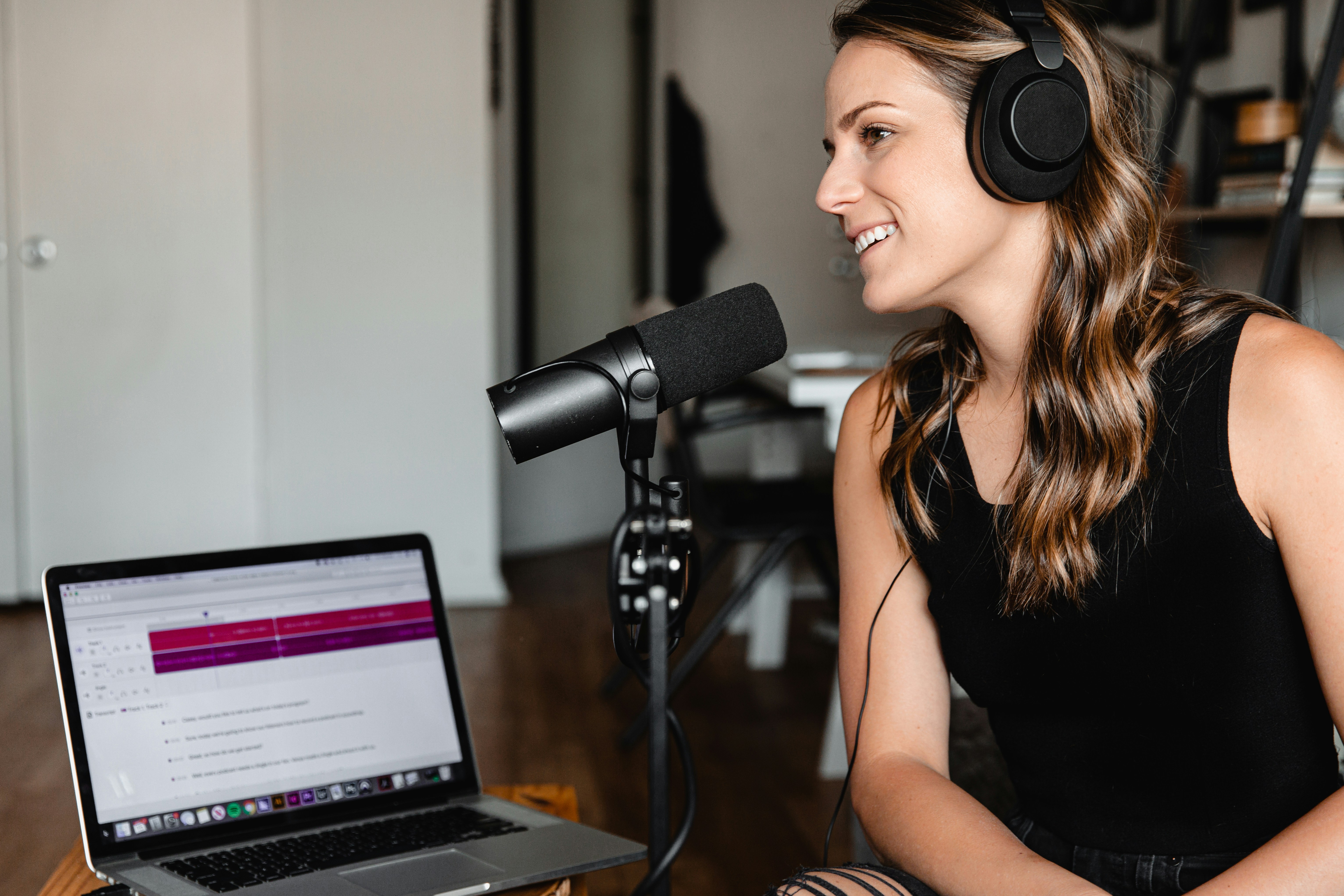The Sleep Crisis and the Emergence of Guided Meditation. As the world observes 40% of Americans sleep for less than 7 hours per night and 30% have trouble sleeping nightly, people all over the globe are demanding quality sleep more than ever 10. Against increased sleep distress and information overabundance, guided meditation to sleep has gained attention as evidence-supported, effective medication. Studies indicate that meditation can cut symptoms of insomnia by 50% and enhance sleep quality by stimulating the parasympathetic nervous system, which reduces heart rate and prepares the body for sleep 69. This 3,000-word handbook delves into the advantages, methods, and tools for using guided meditation to revolutionize your nights—and your life.
Step 1: Prepare a Sleep-Friendly Environment
Dim the lights and quiet down: Employ blackout curtains and white noise machines to replicate the standards advised by the Sleep Foundation.
Ideal Temperature: Ensure your bedroom is at 60–67°F (15–19°C) to synchronize with circadian rhythms.
Tech-Free Zone: Stay away from screens 1 hour prior to bedtime—blue light inhibits melatonin by 50%.
Step 2: Select Your Meditation Style
Body Scan Meditation
Relax each body part in turn, beginning at the toes. Research indicates this method decreases muscle tension by 35% and is perfect for 10-minute guided meditation for sleep.Breathwork Techniques
Try the 4-7-8 technique: Breathe in for 4 seconds, hold for 7, breathe out for 8. This stimulates the vagus nerve, reducing heart rate within minutes.Guided Imagery
Imagine soothing scenes, such as a beach or forest. Research from Headspace suggests that imagery-based meditations decrease stress hormones by 25%Christian Meditation for Sleep
Apps such as Abide incorporate Scripture readings alongside soothing stories. A 2024 survey discovered that 68% of users experienced improved sleep following the use of guided Christian meditation for sleep.Yoga Nidra
This "yogic sleep" technique brings about a condition between wakefulness and sleep. A 2021 trial revealed it enhanced sleep efficiency by 22% among chronic insomniacs.
Step 3: Follow a Structured Routine
Consistency
Meditate at the same hour every night to condition your brain's sleep-wake cycle.Duration
Begin with a 10-minute guided sleep meditation, progressing to 30 minutes for deeper relaxation 10.Posture
Lie flat or sit upright with supported pillows to prevent stiffness.




